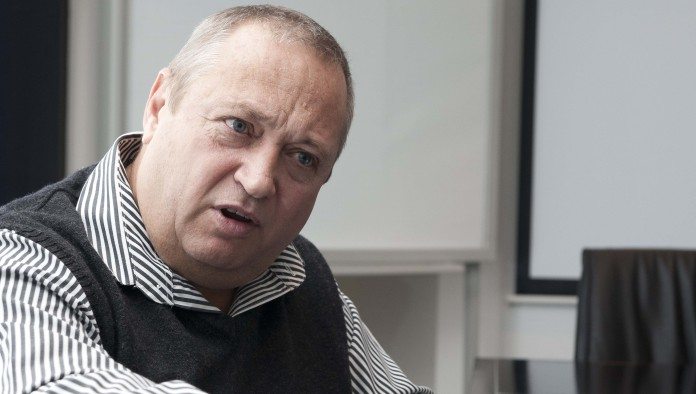
NEAL Froneman, CEO of Sibanye-Stillwater, said the world may be in the grip of another minerals and metals supercycle but he warned there was a tendency for the mining sector to lose control of its cost discipline.
Asked in a webinar arranged by NinetyOne, an asset management company, whether a supercycle was underway, Froneman responded: “Absolutely” before adding: “One never likes to be over-optimistic, but we are definitely seeing a significant global economic recovery and ever-widening deficits of these industrial metals”.
He identified platinum group metals (PGMs) as key in increased demand and relatively static supply growth, partly informed by the high hurdle rate to investment in South Africa where significant resources of PGMs are located. Froneman also said the same condition existed for copper, a metal that his company might want to own “at the right time”.
In addition to PGMs, Sibanye-Stillwater also produces about a million ounces of gold a year and recently invested in a lithium project in Finland. Froneman said the investment represented a toe in the water for Sibanye-Stillwater ahead of similar industrial mineral investments.
The rand-denominated price for the ‘basket’ of four PGMs – platinum, palladium, rhodium, and gold – had increased to R60,000 to R70,000 per ounce this year compared to “R38,000-odd” per oz last year despite a stronger rand this year, said Froneman.
Based on this, investors ought to factor in “a significantly better year” for Sibanye-Stillwater in 2021. The company reported normalised earnings for the 12-months ended December of R30.6bn – an all-time record – compared to R2.4bn in earnings for the previous year.
He promised stakeholders last week “future windfalls” as a result of record PGM prices after its PGM mines generated R15.3bn in first quarter earnings before interest, tax, depreciation and amortisation.
“We think fundamentals are better than previous cycles,” he said. “There is more discipline shown by producers not to willy-nilly increase supply and upset the market.
“What happens in markets like this is companies lose control of their costs,” Froneman warned. “I believe that I have a good operational management team … [that] will ensure that doesn’t happen. There will be inflationary pressure, but we will do our best to maintain operational excellence.”
Hannes van den Berg, a portfolio manager for NinetyOne, cautioned against synchronous metal price gains which is the narrative of a supercycle. Gains in the lithium price were not the same as PGMs which were coming off significant price lows of several years ago. In comparison, lithium price gains were relatively new-found, he said.










